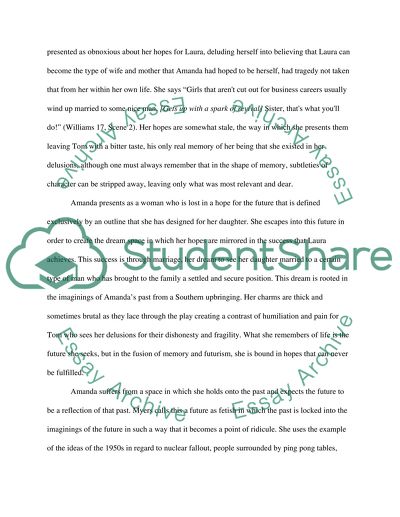Cite this document
(“The Glass Menagerie by Tennessee Williams: Escapism and Character Research Paper”, n.d.)
Retrieved from https://studentshare.org/literature/1423500-the-glass-menagerie-by-tennessee-williams-escapism-and-character-analysis
Retrieved from https://studentshare.org/literature/1423500-the-glass-menagerie-by-tennessee-williams-escapism-and-character-analysis
(The Glass Menagerie by Tennessee Williams: Escapism and Character Research Paper)
https://studentshare.org/literature/1423500-the-glass-menagerie-by-tennessee-williams-escapism-and-character-analysis.
https://studentshare.org/literature/1423500-the-glass-menagerie-by-tennessee-williams-escapism-and-character-analysis.
“The Glass Menagerie by Tennessee Williams: Escapism and Character Research Paper”, n.d. https://studentshare.org/literature/1423500-the-glass-menagerie-by-tennessee-williams-escapism-and-character-analysis.


